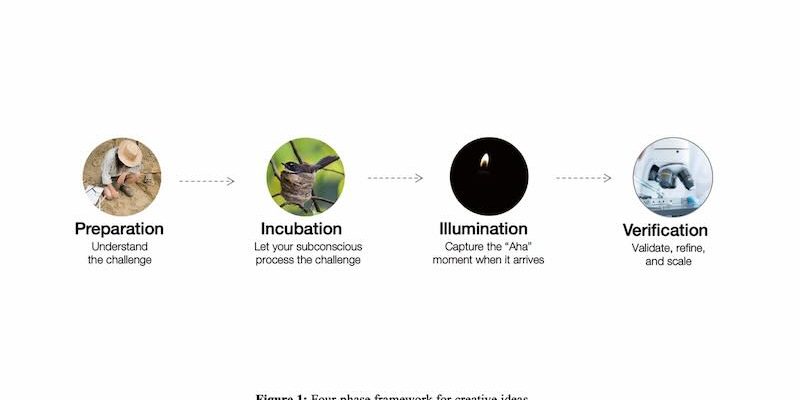
Debate continues over the merits of creating a government-run investment fund for Taiwan.
Taiwan’s foreign exchange reserves came to US$564.8 billion as of the end of June, reportedly the world’s sixth-largest forex holdings after China, Japan, Switzerland, India, and Russia. In 2020, when those reserves totaled a “mere” US$480 billion, AmCham’s Taiwan White Paper encouraged the Taiwan government to consider utilizing a portion of those funds (10% is the amount most proponents of the proposal suggest) to establish a sovereign wealth fund (SWF).
Although such funds have been operated successfully by many governments worldwide to optimize their investments in global markets, Taiwan’s Central Bank has made clear its lack of interest in following their example. In line with its generally conservative approach to managing Taiwan’s monetary policy, the Bank cited the need for prudence in light of the volatility of the global marketplace and Taiwan’s particular vulnerability. It stressed that in the absence of membership in the International Monetary Fund, Taiwan would be on its own in a financial crisis.
Given the unlikelihood of any quick progress in the face of the Bank’s firm objections, the topic of a Taiwan SWF was not raised again in the 2021 and 2022 White Papers. Nevertheless, debate about the desirability of creating a Taiwan SWF has continued. The latest round occurred this May when a group of opposition lawmakers again brought the issue to public attention.
One of their arguments was that an SWF could enable Taiwan to achieve significantly higher annual returns on its forex investments than the 2.6% that the Central Bank has been averaging. They noted, for example, that Singapore’s GIC Pte has yielded 7% on average since beginning operations in 1981.
An even more potent point is that being a sizeable investor in major multinational corporations brings strategic advantages, raising Taiwan’s visibility among global investors and financial institutions and opening the door to new business opportunities. At a time when geopolitical factors have raised doubts in some quarters about Taiwan’s continued economic security, those lines of communication to corporate boardrooms could be vital.
Again, the Central Bank and others dismissed the idea of a Taiwan SWF as impractical. A Taipei Times editorial said the Bank needs to concentrate on maintaining price stability. Others questioned whether the Bank’s personnel include the kind of world-class investment-management talent that a SWF would require.
Admittedly, with national elections coming up soon in Taiwan and the international economy now in a period of uncertainty, this would not be an ideal time to launch a major new initiative such as a SWF. But many financial-sector observers see it as a good time to engage in further analysis of what it would take for a Taiwan SWF to succeed, including how such a fund would be organized and staffed. As U.S.-based investment advisor and one-time Taiwan resident Eric Tucker wrote in a letter to the Taipei Times, rather than focusing “on the challenges and possible negative outcomes of a Taiwan sovereign wealth fund,” it might make more sense to “work toward the positive outcomes Taiwan is fully capable of achieving.”





